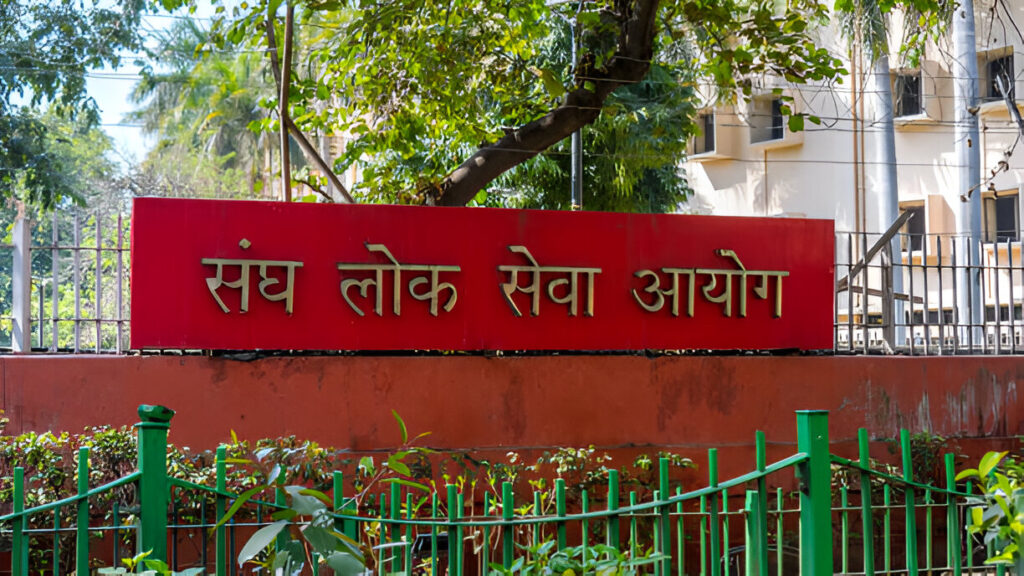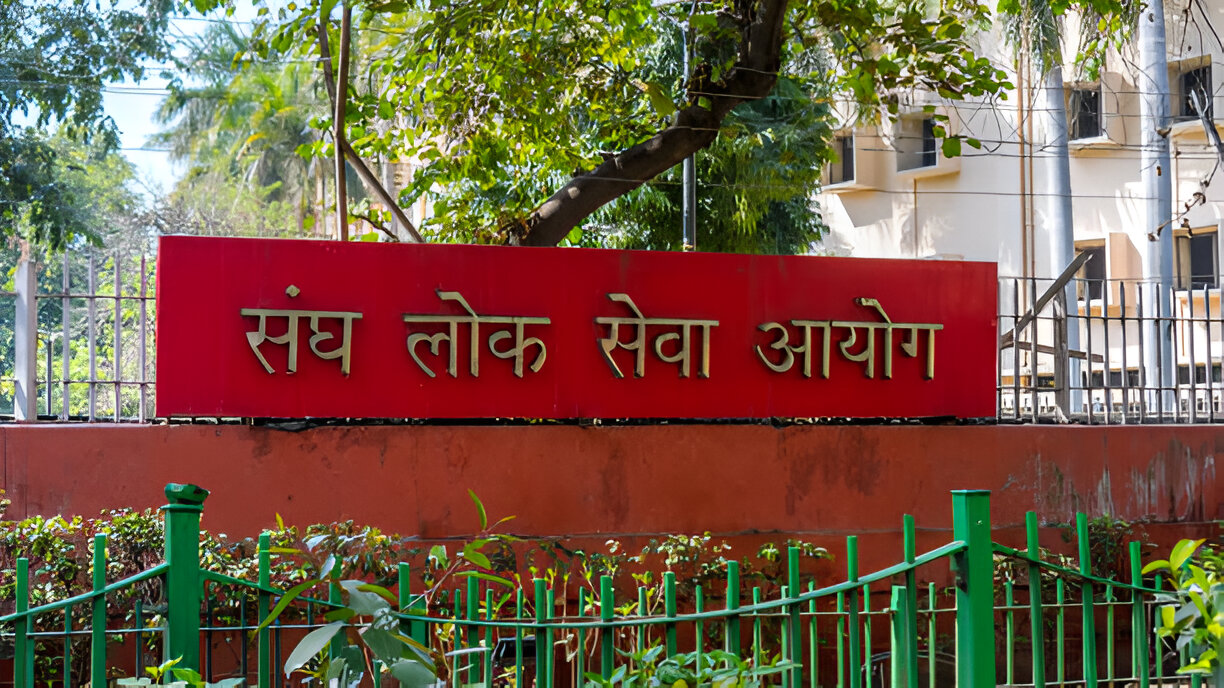
India’s Civil Services Examination, administered by the Union Public Service Commission, is widely regarded as a formidable and highly coveted gateway to public leadership. Each year, hundreds of thousands throw their hat into the ring, yet only a small, select cohort ultimately secures a place in the final merit list. The trek is prolonged and exacting, demanding discipline, persistence, and clarity of purpose. Still, with a calibrated plan, steady effort, and sensible mentorship, clearing UPSC is not a fantasy—it is well within reach.
This handbook lays out the entire terrain—exam architecture, preparation blueprint, study schedules, recommended resources, choosing an optional, answer-writing craft, handling current affairs, interview readiness, and staying motivated—organized step by step with concrete illustrations and practical takeaways.
Step 1: Decode the UPSC Exam Structure Thoroughly
Before cracking open the books, master the blueprint. Many aspirants drift into unfocused study and stumble simply because they never internalize what the exam actually tests.
Exam Phases at a Glance
Preliminary Examination (Objective, Screening Stage)
– Two papers:
– General Studies Paper I: 100 multiple-choice questions, 200 marks. Broad coverage spans History, Geography, Polity, Economy, Environment, Science, and Current Affairs.
– CSAT (Civil Services Aptitude Test): 80 questions, 200 marks. Emphasizes Comprehension, Logical Reasoning, Basic Mathematics, and Decision-Making. It is qualifying—33% is the threshold.
– The Prelims functions as a sieve; its scores do not feed into the final merit. Competition is fierce, as a vast applicant pool compresses to roughly 2–3% who move forward.
Mains Examination (Descriptive, Written)
– Nine papers in total; seven contribute to merit, aggregating 1750 marks:
– Essay: 250 marks
– General Studies I: History, Geography, Society
– General Studies II: Polity, Governance, International Relations
– General Studies III: Economy, Science & Technology, Environment, Internal Security
– General Studies IV: Ethics, Integrity, Aptitude
– Optional Subject: Paper I and Paper II (candidate’s choice)
– Two language papers (one Indian language and English) are qualifying only.
Personality Test (Interview)
– An in-person interaction with a UPSC board.
– Weightage: 275 marks.
Purpose: To assess confidence, communication skills, decision-making ability, ethics, honesty, and awareness.
Why Understanding the Pattern Matters
It gives clarity about what to study and what to ignore.
Helps in time allocation between subjects.
Prevents over-preparation or under-preparation.
Step 2: Building a Strong Foundation – The Core of UPSC Prep
UPSC demands conceptual clarity, not mugging up facts. That is why starting with the NCERTs (Class 6-12) is crucial.
Why Understanding the Pattern Matters
- It gives clarity about what to study and what to ignore.
- Helps in time allocation between subjects.
- Prevents over-preparation or under-preparation.
Step 2: Building a Strong Foundation – The Core of UPSC Prep

UPSC demands conceptual clarity, not mugging up facts. That is why starting with the NCERTs (Class 6–12) is crucial.
NCERTs – Your First Step
- History: Class 6–12 NCERTs cover Ancient, Medieval, and Modern India.
- Geography: Class 6–12 NCERTs explain maps, physical geography, and environment.
- Economy: Class 9–12 NCERTs explain basics like GDP, inflation, and budget.
- Polity: Class 9–12 NCERTs explain governance and democracy.
- Science: Class 6–10 NCERTs cover basics important for prelims.
Standard Reference Books
- Polity: Indian Polity by M. Laxmikant
- History: Spectrum’s Modern India, Bipin Chandra
- Geography: GC Leong – Certificate Physical and Human Geography
- Economy: Ramesh Singh, Economic Survey, Budget
- Environment: Shankar IAS Book on Environment
- Ethics: Lexicon for Ethics
Daily Current Affairs
- Read The Hindu or The Indian Express.
- Note down key government schemes, international events, policies, and environmental issues.
Why Foundation is Important
Without a strong foundation, even advanced preparation collapses. Like a building without a strong base, UPSC preparation without NCERTs is unstable.
Step 3: Creating a Smart Study Plan
UPSC is not about studying hard, but studying smart. Random study wastes time. A structured plan ensures maximum productivity.
Ideal Study Hours
- Beginners: 6–8 hours/day.
- Experienced aspirants: 8–10 hours/day.
Suggested Daily Schedule
- Morning (Fresh Mind): General Studies subjects like Polity, History, Geography.
- Afternoon: Optional Subject preparation.
- Evening: Current Affairs + Newspaper reading.
- Night: Revision & answer writing.
Note-Making
- Always make short notes for quick revision.
- Notes should be crisp, bullet-based, and revision-friendly.
Step 4: Mastering Current Affairs
Current affairs form the soul of UPSC. Nearly 60–70% of prelims and mains questions are linked to current events.
How to Cover Current Affairs
- Newspapers: Read The Hindu or The Indian Express daily. Focus on government policies, environment, economy, and international issues.
- Monthly Compilations: Use Vision IAS, Insights IAS, or Drishti IAS magazines for monthly revisions.
- Government Sources: PIB (Press Information Bureau), Yojana, Kurukshetra magazines.
Revision Strategy
- Revise current affairs weekly and monthly.
- Link news with GS subjects. Example: If reading about climate change, connect it with Geography + Environment + International Relations.
Step 5: Practice & Revision – The Key to Success
Reading alone is not enough. Practice + Revision = UPSC success.
PYQs (Previous Year Questions)
- Solve last 10 years of question papers.
- Understand UPSC’s trend, depth, and style of asking questions.
Mock Tests
- Join a test series for Prelims and Mains.
- Attempt tests in exam-like conditions.
- Analyze mistakes and revise accordingly.
Revision Rule
- Revise each subject at least 3 times before the exam.
- Use micro-notes for last-minute revision.
Step 6: Choosing the Right Optional Subject
Optional subject plays a decisive role in your final rank.
How to Choose
- Interest: You must enjoy reading the subject.
- Overlap with GS: Subjects like Geography, History, Political Science, Sociology overlap with GS papers.
- Availability of Resources: Choose a subject with good books and coaching material.
- Scoring Trend: Some optionals are more scoring in recent years.
Popular Optionals
- Public Administration
- Sociology
- Geography
- Political Science & International Relations
- Anthropology
- History
Step 7: Mains Answer Writing Practice
Mains is about expression, clarity, and presentation.
Answer Writing Strategy
- Use Intro → Body → Conclusion format.
- Introduction: Define or explain the concept.
- Body: Add facts, government schemes, examples.
- Conclusion: Suggest reforms or future scope.
Example
Question: Discuss the role of technology in improving governance in India.
- Intro: Define governance and technology.
- Body: E-Governance initiatives (Aadhaar, Digital India, JAM Trinity), benefits (transparency, efficiency), challenges (privacy issues, digital divide).
- Conclusion: Technology is an enabler but must be inclusive.
Step 8: Personality Test Preparation
The interview is not about knowledge, but about personality.
How to Prepare
- Stay updated with current events.
- Work on communication skills.
- Mock interviews help in reducing fear.
- Be honest and confident.
Qualities UPSC Looks For
- Confidence
- Honesty
- Awareness
- Decision-making ability
- Balanced approach
Step 9: Consistency & Discipline – The Game Changer
UPSC is not a 100m race, it’s a marathon.
Rules of Consistency
- Follow a daily timetable.
- Avoid distractions like excess social media.
- Revise daily. Remember: Study less, revise more.
Step 10: Health & Motivation – The Ignored but Vital Factor
Many aspirants ignore health, but UPSC is a long journey, and stamina matters.
Health Tips
- Eat healthy, avoid junk food.
- Sleep at least 6–7 hours.
- Exercise or meditate daily.
Staying Motivated
- Read success stories of toppers.
- Remember: Failure is a step closer to success.
- Keep reminding yourself why you started this journey.
Final Words – The UPSC Journey
Cracking UPSC is not just about becoming an IAS or IPS officer—it is about building character, discipline, and resilience. Even if you don’t clear, the journey itself transforms you into a better thinker, writer, and citizen.
UPSC rewards not just knowledge, but patience, perseverance, and passion. With the right guidance, dedication, and smart strategy, anyone can clear this exam.

